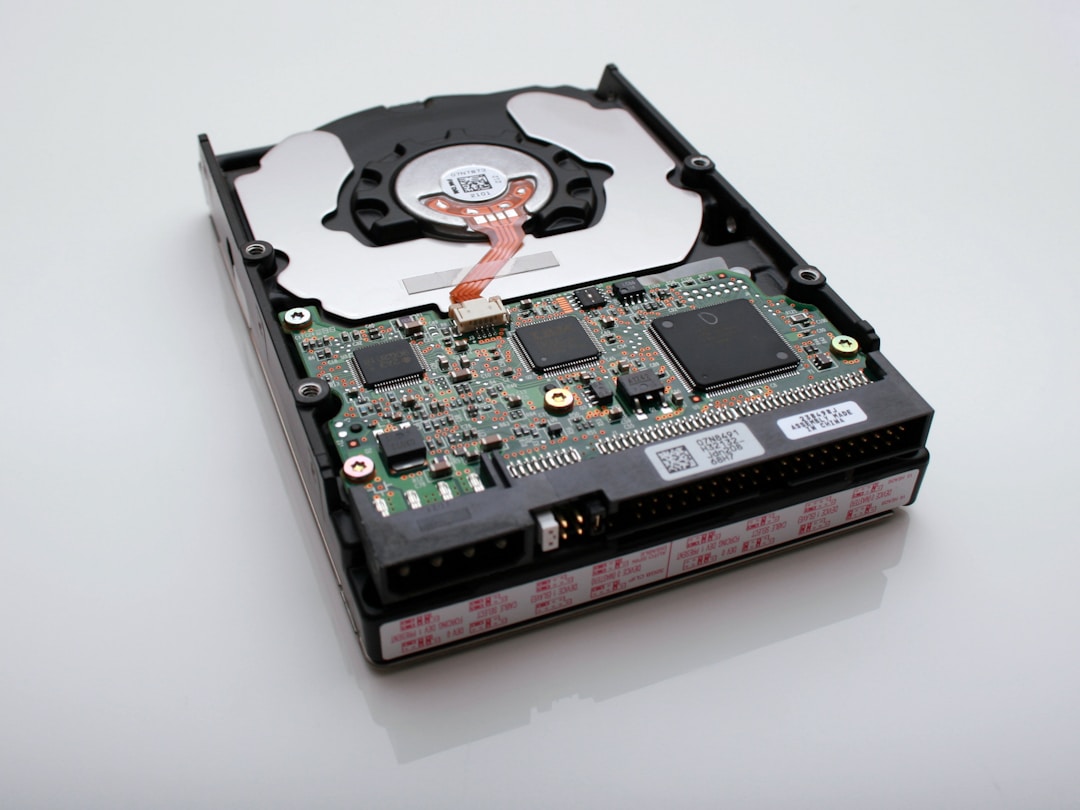Network management is a core feature of a successful brand. Likewise, poor management of the data infrastructure is a sure sign of a floundering business. Network management trends are a popular topic of discussion nowadays, but the importance of good remote access, data management, and router capacity for business has always been a mainstay in the measure of success when it comes to long-term vision.
Trends in this industry are moving toward cloud-based solutions and remote access, which dovetails nicely with the increased pressure to work from home that has settled over U.S. and worldwide industry as a result of the coronavirus pandemic.
Hosting Zoom meetings will prevail long into the global recovery.

While working from home may fall away in many instances after our world tames the menace of Covid-19, remote access to Zoom meeting rooms will likely remain a hot commodity in businesses and social groups for many years. Zoom has become one of the most prominent video conferencing forums on the internet (with laptop/desktop and mobile app versions) during the Covid-19 lockdowns, and it’s even been popularized in record numbers by local clergy who have learned how to conduct mass over Zoom. This fast-paced connectivity facilitator will likely remain at the forefront of the status quo into the future. The intuitive design of the platform and ease of access make it a winner for businesses of all sorts.
However, along with an increased use case for Zoom and other video conferencing software comes the mental stress that we all must minimize as we work remotely from our spare rooms, kitchen counters, or back porches. Zoom and its mass of competitors are facilitating the digital revolution at a rapid pace, but this also introduces some new challenges that we must all overcome together.
Personal hard drives and cloud computing will continue to make inroads with a growing consumer base.

The personal hard drive is a staple among tech-savvy professionals in the modern world. However, the personal NAS is making these solutions even more powerful. Rather than carting a hard drive around with you, the personal cloud that lives on your home network has the ability to reshape the way you think about storage capacity and custom data integration.
A personal NAS is simply a personal cloud space in which you can store files (images, video, music, and much more), and even run programs. Seeing as these cloud storage devices exist as an extension of your home network’s personal cloud, you can connect directly from your home office, or tap into the storage space while on the go from a mobile device.
Connectivity has never been faster, and a personal NAS is a perfect way to discreetly maintain a drive space for collaboration with your colleagues as well. For small businesses that are working in the office or as a remote team, a personal cloud allows for remote access and write-to permissions in the same way a Google Drive document can facilitate team editing of a text file or excel sheet.
Mesh networks are growing more commonplace.

One of the main concerns that small businesses share is the poor internet connection coverage over an entire office space. Mesh networks are eliminating this complaint about good. Routers are far less expensive than they have been in previous years and decades, and the infrastructure necessary for creating a mesh network is becoming more user-friendly. Essentially, this is the same type of infrastructure as a cell tower network, but for your Wi-Fi-enabled devices. With a mesh network, users don’t have to work around dead zones or dropped signals. There is simply universal coverage through the installation of relays that all work together to create a coverage zone that’s appropriate for your unique business needs.
The future is digital, and with the increased operability of highly technical solutions businesses will become more agile and staff sleeker in their digital know-how.

